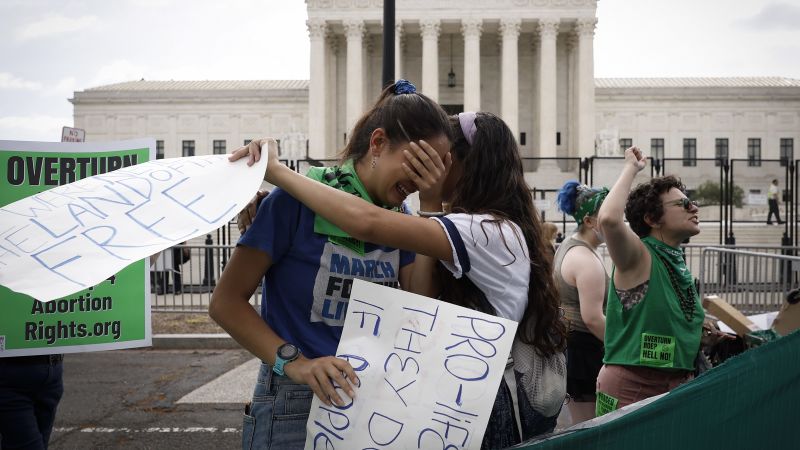The Supreme Court on Tuesday will hear its first abortion case since the 2022 reversal of Roe v. Wade and upheaval of reproductive rights in America.
Consider how much the justices’ decision has changed the country:
Fourteen states now have total bans and seven others have imposed substantial restrictions on access to abortion.
Some states that ban abortion are trying to keep abortion medication from crossing their borders and, separately, are seeking to block a federal law that allows emergency room physicians to terminate a pregnancy if medically necessary.
And an Alabama Supreme Court decision impinging on in vitro fertilization – a method used to produce, not end, pregnancy – was traced by critics, including President Joe Biden, to the Supreme Court’s erosion of a woman’s right to privacy in its overturning of Roe.
On the political front, abortion has catapulted to the top of election-year issues, with Democrats hoping public concern for restrictions continues to help their candidates; Republican presidential candidate Donald Trump has recently floated the idea of a nationwide ban on abortion at 15 weeks of pregnancy.
All the while, public regard for the Supreme Court has degenerated.
Such will be the culturally laden backdrop as the justices on Tuesday take up a controversy over Food and Drug Administration rules for access to the abortion pill mifepristone. A group of anti-abortion physicians has sued the FDA, challenging the agency’s assessment of the drug’s safety and claiming it improperly lifted “critical safeguards” for its use.
The group wants to diminish women’s access to the pill that is part of a two-drug regime to terminate a fetus in the early weeks and that has become…
Read the full article here

Leave a Reply